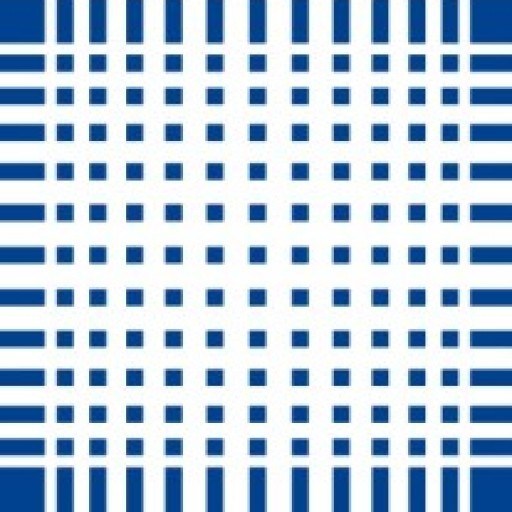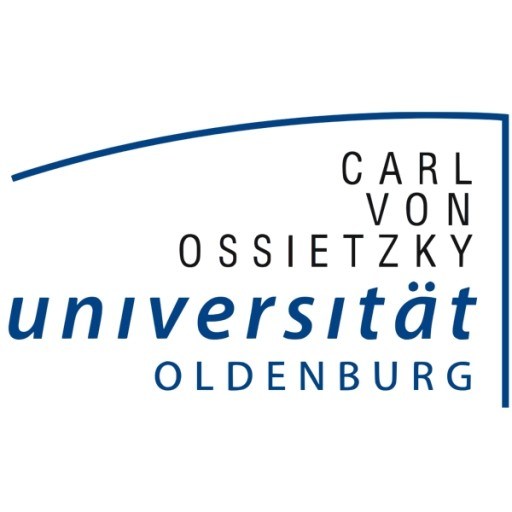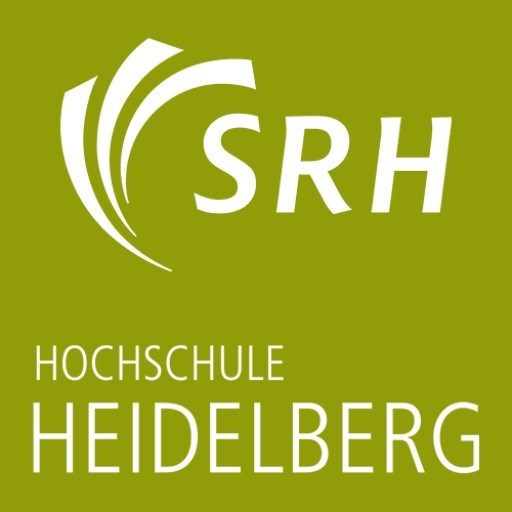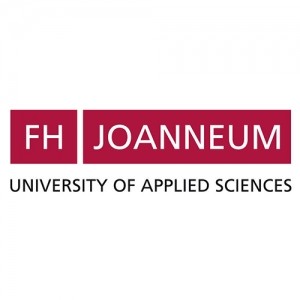Photos of university / #heriotwattuni
Renewable Energy Development (RED) at Heriot-Watt University is a comprehensive postgraduate program designed to equip students with the essential knowledge and practical skills required to address the global challenges of sustainable energy production and utilization. This MSc program offers a multidisciplinary approach, integrating engineering principles, environmental considerations, and innovative technological solutions to prepare graduates for careers in the fast-growing renewable energy sector. Throughout the course, students explore a wide range of topics including wind, solar, tidal, and biomass energy technologies, along with energy storage, grid integration, and policy frameworks that support renewable energy deployment. The curriculum emphasizes practical experience through laboratory work, industry projects, and collaboration with leading energy companies, enabling students to apply theoretical concepts to real-world problems. Additionally, students develop competencies in project management, economic analysis, and environmental impact assessment, essential skills for designing and implementing renewable energy projects. The program benefits from close links with industry partners and research centers, ensuring that the content remains current and aligned with industry demands. Graduates of the RED program are well-positioned to pursue careers in renewable energy project development, consultancy, research, and policy advisory roles, contributing to the transition toward a sustainable energy future. The program offers flexible learning options, including full-time and part-time study, accommodating a diverse student body from around the world. With a strong focus on innovation, sustainability, and practical application, the MSc in Renewable Energy Development aims to nurture the next generation of renewable energy leaders and experts dedicated to creating a cleaner, more sustainable planet.
The Renewable Energy Development (RED) MSc programme at Heriot-Watt University is designed to equip students with comprehensive knowledge and practical skills necessary for the sustainable energy sector. This innovative programme covers a broad range of topics, including the principles of renewable energy technologies, energy systems analysis, and the integration of renewable sources into existing power grids. Students will explore solar, wind, hydro, biomass, and geothermal energy, gaining an in-depth understanding of their operational mechanics, economic considerations, and environmental impacts.
The programme emphasizes both theoretical foundations and practical applications. Through advanced coursework, students will learn about the design, implementation, and management of renewable energy projects, fostering the ability to assess feasibility and optimize energy systems. The curriculum includes modules on energy policy, regulation, financial appraisal, and project development, preparing graduates for leadership roles in the renewable energy industry.
Hands-on experience is a core component of the RED MSc. Students will engage in laboratory work, software modelling, and real-world project case studies, often collaborating with industry partners to gain insights into current challenges and innovative solutions. The programme also offers opportunities for field visits and internships, allowing students to observe renewable energy installations and gain direct industry exposure.
Graduates of this programme will be well-equipped to pursue careers in research, consultancy, project management, and policy development within the renewable energy sector. With a focus on sustainability and innovation, the RED MSc aims to prepare professionals capable of contributing to the global transition towards cleaner, more sustainable energy sources. The programme also provides a strong foundation for those interested in further academic research or doctoral studies in renewable energy and related fields.
Requirements for the Renewable Energy Development (RED) programme at Heriot-Watt University typically include a combination of academic qualifications, English language proficiency, and other criteria designed to assess the applicant's suitability for advanced study in this field. Prospective students generally need to hold a good honours degree or equivalent in engineering, physics, environmental science, or a related discipline. This provides the foundational knowledge necessary to engage with complex topics in renewable energy technologies, policy, and development. In addition to academic qualifications, applicants may be required to demonstrate relevant work experience or practical exposure to renewable energy projects, underscoring their commitment and readiness for postgraduate study.
English language proficiency is mandatory for non-native speakers, with accepted tests usually including IELTS with a typical minimum score of 6.5 overall, and no individual component below 5.5, or equivalent tests such as TOEFL. The programme may also require a personal statement as part of the application process, where applicants should articulate their motivation for pursuing studies in renewable energy development, their career aspirations, and how their background aligns with the programme's objectives. References or recommendation letters from academic or professional sources are often requested to assess the applicant's capability and readiness for postgraduate research and coursework.
The RED programme emphasizes the importance of research skills and technical knowledge, so applicants are encouraged to have familiarity with concepts such as energy systems, sustainability, and environmental impact assessments. Some cohorts might also prefer candidates with experience in renewable energy fieldwork, project management, or interdisciplinary collaboration. While there is no strict requirement for entrance exams, the selection process considers a balance of academic achievement, relevant experience, and motivation.
Moreover, potential students should ensure their application materials clearly demonstrate their understanding of current trends and challenges in renewable energy development, showcasing critical thinking and problem-solving capabilities. Since the programme is designed to prepare graduates for careers in designing, implementing, and managing renewable energy projects, evidence of leadership, teamwork, and communication skills can also strengthen an application. Applicants are advised to consult the specific entry criteria listed on the Heriot-Watt University website or contact admissions services for detailed and updated requirements.
The financing of the Renewable Energy Development (RED) program at Heriot-Watt University encompasses a range of funding options designed to support international and domestic students in their academic pursuits. Tuition fees for the program vary depending on the student's residence and specific course components but are generally in line with the university's overall international fee scale for postgraduate taught programmes. Prospective students are encouraged to consult the official university website for the most current fee information and any additional costs associated with laboratory work, study materials, and field trips.
Heriot-Watt University offers several scholarship schemes to aid students financially, including merit-based scholarships awarded based on academic performance and need-based bursaries intended to support students from disadvantaged backgrounds. For international students, scholarships may also be available through government-sponsored programs or international partnerships, which provide partial or full tuition fee waivers. Students are advised to explore external funding opportunities, such as national research grants, industry-sponsored scholarships, or European funding sources where applicable.
In addition to scholarships, students can access student loans and financial aid programs through their home country governments, which support international students pursuing postgraduate studies abroad. The university offers guidance on application procedures and eligibility criteria for these funding options. Some students may also benefit from part-time employment opportunities on campus, which can help offset living expenses and provide practical experience relevant to their field of study.
Heriot-Watt University strives to make education accessible through various financial support mechanisms, including installment payment plans that allow students to spread the cost of tuition over several payments throughout the academic year. Furthermore, the university provides dedicated financial advice services to assist students in understanding their funding options and managing their finances effectively.
For students seeking industry collaboration or research funding, RED program students can explore partnerships with renewable energy companies and research agencies that sometimes offer project-based funding or sponsorship opportunities. Such collaborations not only support students financially but also enhance their employability by providing real-world experience and networking opportunities within the renewable energy sector.
Overall, the financial structure of the RED program is designed to facilitate access to quality education in renewable energy development while providing multiple avenues for financial support, ensuring students can focus on their academic and professional growth without undue financial stress.
The Renewable Energy Development (RED) program at Heriot-Watt University is a cutting-edge interdisciplinary course designed to equip students with the essential knowledge and skills required to innovate and lead in the renewable energy sector. The program emphasizes a comprehensive understanding of the technological, environmental, and economic aspects of renewable energy sources, including wind, solar, hydro, biomass, and geothermal energy. Students engage with core modules that cover the principles of sustainable energy systems, energy conversion technologies, and grid integration strategies, ensuring they are prepared to address real-world challenges in energy production and management.
The curriculum integrates theoretical knowledge with practical applications, often involving laboratory experiments, project work, and industry collaborations. This approach allows students to develop vital research skills and gain hands-on experience working with state-of-the-art renewable energy technologies. Throughout the program, students also explore policy frameworks, regulatory issues, and the economic considerations impacting renewable energy deployment, giving them a well-rounded perspective necessary for effective decision-making in this rapidly evolving field.
Heriot-Watt University places a strong emphasis on employability, preparing students for careers in energy consultancy, project management, research and development, and innovation leadership. The program benefits from the university’s strong links with industry leaders and research institutions, providing numerous opportunities for networking, internships, and collaborative projects. The RED program is suitable for graduates from engineering, environmental science, physics, and related disciplines who are passionate about contributing to the transition toward sustainable energy systems.
Students can expect to engage in various research projects, often contributing to advancements in renewable energy technologies. The program also supports students' development of soft skills such as teamwork, communication, and problem-solving, which are vital in the professional landscape of renewable energy development. Graduates from the program will be well-positioned to impact the renewable energy industry positively, supporting the global effort to reduce carbon emissions and promote sustainable development.
The program is typically delivered over one year full-time or part-time study options are available, catering to a diverse range of students including working professionals. Upon successful completion, graduates are awarded a master’s degree in Renewable Energy Development, opening up opportunities in academia, industry, government agencies, and international organizations committed to sustainable energy solutions. The RED program at Heriot-Watt University represents a significant stepping stone for those committed to advancing renewable energy technologies and policies worldwide.









